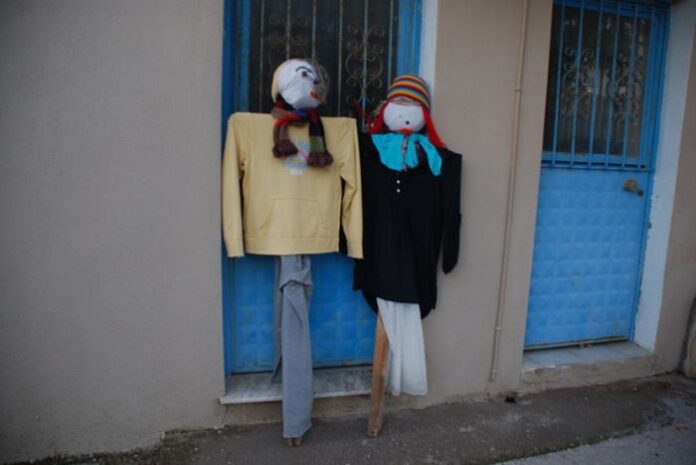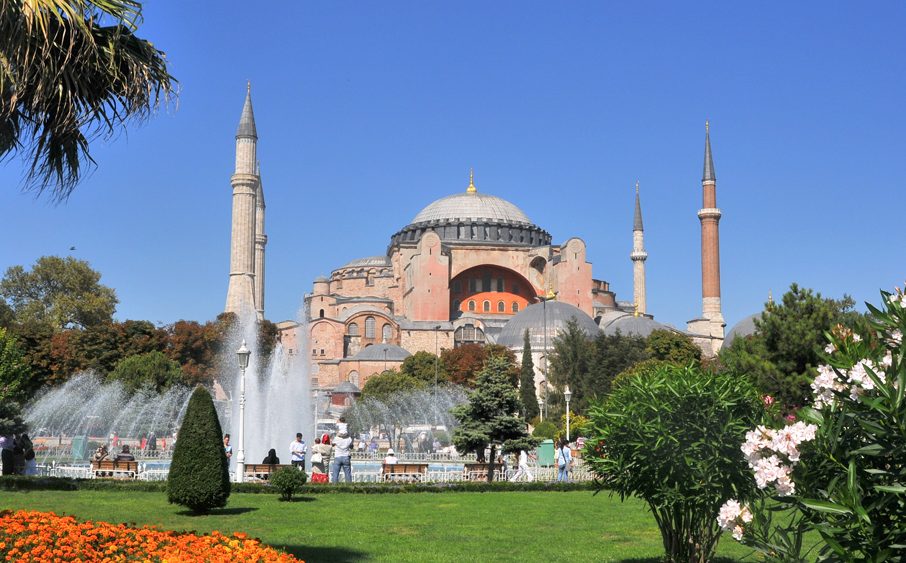Historical Background
The Jewish population in Bulgaria is quite large, especially in the cities. Most of them are descendants of Jews expelled from Spain during the rule of Ferdinand and Isabella and later Philip II. These Jews traveled through the Mediterranean and eventually settled in the Balkan region, including Bulgaria Hardworking and Skilled Peasants.
Even today, many Bulgarian Jews still speak an old form of Spanish, known as Ladino, when they talk among themselves. This is a unique cultural detail that shows their historical connection to Spain.
Social and Economic Situation
In Bulgaria, Jews are not treated as harshly as in some neighboring countries like Romania, where open persecution was common. However, they still face social exclusion and unfair treatment. Many people look down on them and believe it is acceptable to cheat them in business.
Despite this discrimination, Jews play a major role in the economy. They are active in banking, trade, and commerce, often dominating these industries. Unfortunately, their strict and sometimes harsh business methods have led to resentment from some parts of the local population. There is mutual distrust, and in many cases, both sides are responsible for continuing the cycle of prejudice and retaliation Private Guided Ephesus Tours.
Industry and Economy in Bulgaria
Few Factories, Many Farms
Bulgaria is not yet an industrial country. There are very few factories, although some small-scale mechanical industries are starting to appear. The country has a lot of water power and raw materials, but these resources are not fully used. The stories about rich mineral resources like coal and metal ores in the mountains remain unproven, as there has been little exploration.
A Farming Nation
About 95% of Bulgarians work in agriculture. Most people live in the countryside and are farmers or herders. The peasants are hardworking and creative, but they usually avoid using modern tools or imported goods. They prefer to stick to their traditional ways and produce what they need by themselves.
Self-Sufficient Living
Bulgarian peasants grow and raise most of what they need. They export cattle, sheep, hides, wool, wheat, corn, tobacco, rose oil, fruits, and vegetables. Their clothes are often made from wool from their own sheep, spun and woven by hand at home. Even cotton, which used to be imported from England and Germany, is now grown locally in small patches next to their homes. The women of the household gin, spin, and weave the cotton themselves, just like they do with wool.








